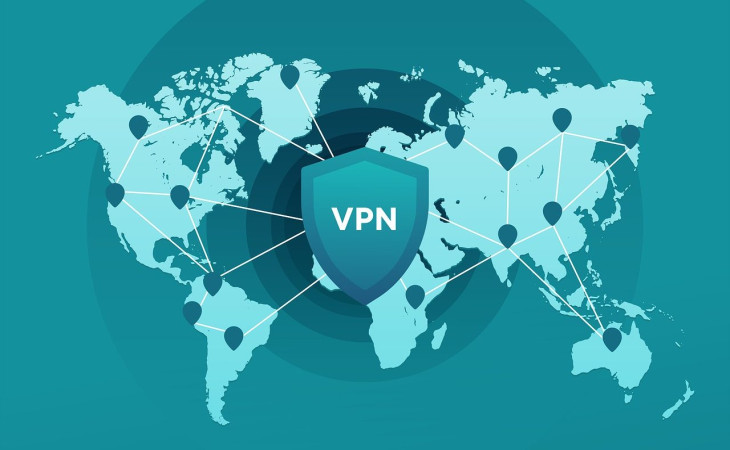What is a VPN? How does VPN work?

A VPN, or Virtual Private Network, is a technology that provides a secure and encrypted connection over the internet, allowing users to access the internet as if they were connected to a private network. VPNs are commonly used for various purposes, including enhancing online privacy, bypassing geo-restrictions, and ensuring data security.
Here's a detailed explanation of how VPNs work and their key components:
1. Tunneling:
- VPNs create a secure "tunnel" or encrypted connection between your device (computer, smartphone, tablet) and a VPN server. This tunnel ensures that data passing between your device and the server is encrypted and secure, making it difficult for anyone to intercept or eavesdrop on your online activities.
2. Encryption:
- VPNs use encryption protocols to encode data transmitted over the internet. This encryption ensures that even if someone were to intercept the data, they would not be able to decipher it without the encryption key. Common encryption protocols include OpenVPN, L2TP/IPsec, and IKEv2/IPsec.
3. VPN Servers:
- VPN services operate a network of servers located in various geographic locations around the world. Users can connect to these servers to access the internet through a different IP address. For example, if you're in the United States and connect to a server in the United Kingdom, the websites you visit will see your connection as coming from the UK.
4. IP Address Masking:
- When you connect to a VPN server, your real IP address is hidden, and the server's IP address is used instead. This masks your actual location and makes it appear as if you are browsing from the server's location. This is useful for bypassing geo-restrictions or maintaining anonymity.
5. Privacy and Security:
- VPNs enhance online privacy by preventing your internet service provider (ISP), hackers, or other malicious entities from monitoring your online activities. They can also protect you from public Wi-Fi security risks and potential data theft.
6. Bypassing Geo-Restrictions:
- VPNs allow users to access websites and online services that may be restricted or blocked in their geographical region. By connecting to a server in a different location, you can access content that is normally unavailable in your area. For instance, you can watch streaming services from other countries.
7. Use Cases:
- VPNs are used by individuals, businesses, and organizations for various purposes:
- Personal Privacy: Protecting personal data from surveillance, especially when using public Wi-Fi networks.
- Accessing Geo-Restricted Content: Watching region-specific streaming services or accessing websites and services not available in your country.
- Enhanced Security: Ensuring data security for remote workers and businesses.
- Circumventing Censorship: Evading online censorship and accessing blocked websites in countries with strict internet controls.
8. VPN Clients:
- To use a VPN, you typically need to install a VPN client or app on your device. VPN clients are available for Windows, macOS, iOS, Android, and other platforms. These clients make it easy to connect to VPN servers and manage your VPN settings. Some well-known VPN providers include ExpressVPN, NordVPN, CyberGhost, and many others.
- You can now open and use any web browser on your device (such as Google Chrome, Mozilla Firefox, Microsoft Edge, etc.). All internet traffic from these browsers will be routed through the VPN, allowing you to access blocked websites and enhancing your online privacy.
9. VPN Extensions: [How to add a VPN extension on any browser?]
- Most browsers support VPN extensions or add-ons that you can install to enhance your online privacy and security. These VPN extensions are often provided by VPN service providers. Here's how to add a VPN extension to some popular browsers like Google Chrome and Mozilla Firefox.
- Please note that the availability of VPN extensions may vary depending on your location and the VPN service you choose. Additionally, while VPN extensions are convenient, they may not offer the same level of security and privacy as using a full VPN client installed at the system level.
[How to add extensions on any browser?]
It's important to choose a reputable VPN service provider that follows strong security practices and does not log your online activities. Additionally, while VPNs enhance privacy and security, they do not make you completely anonymous online, as other tracking methods may still be employed by websites and services.
